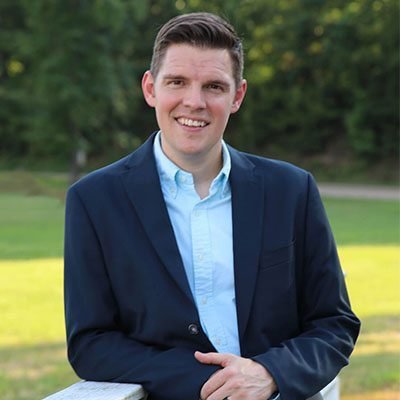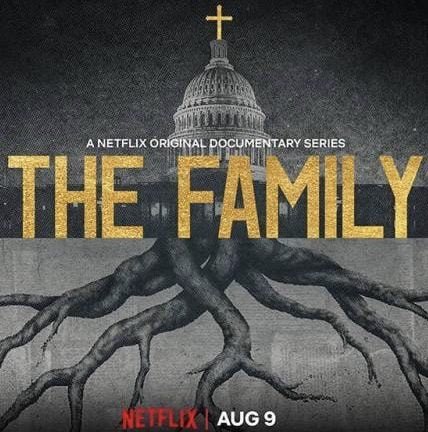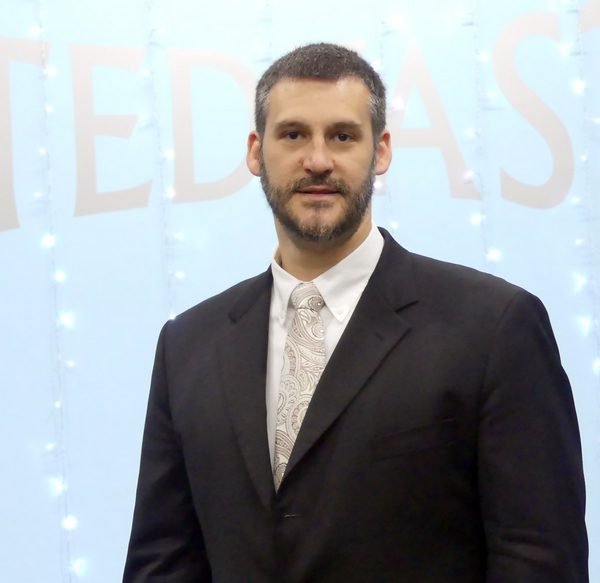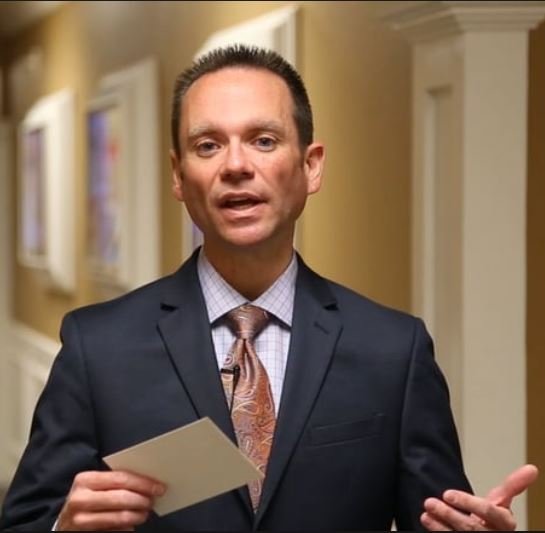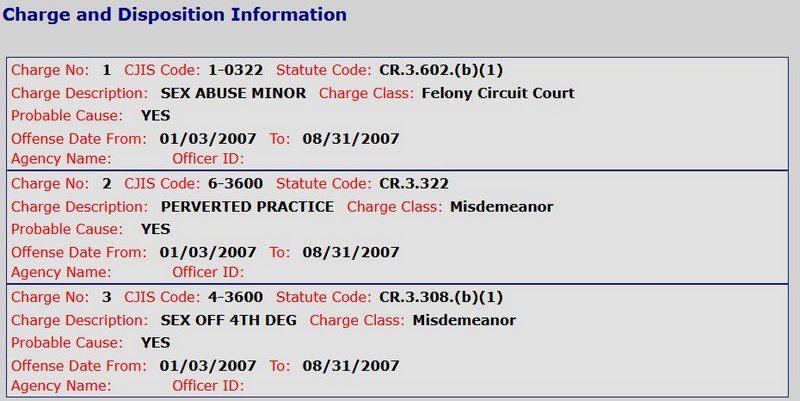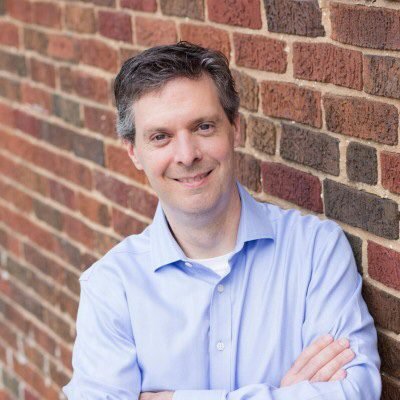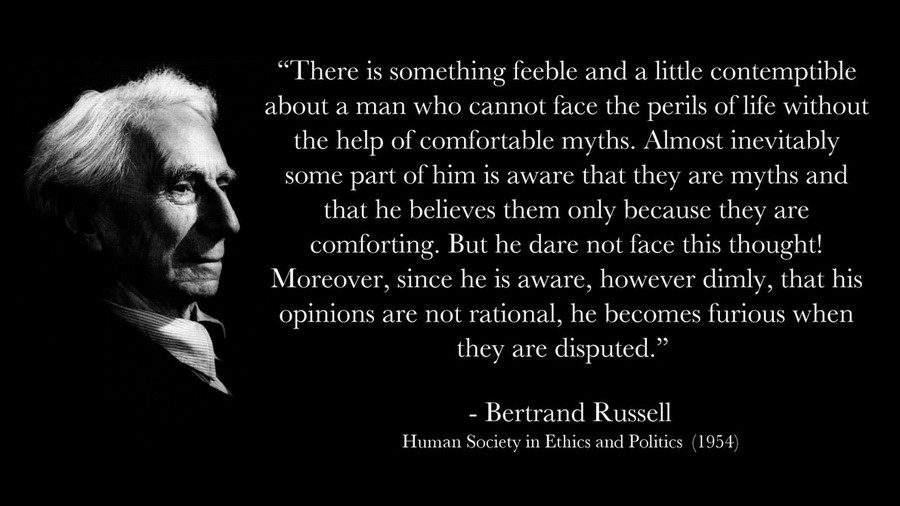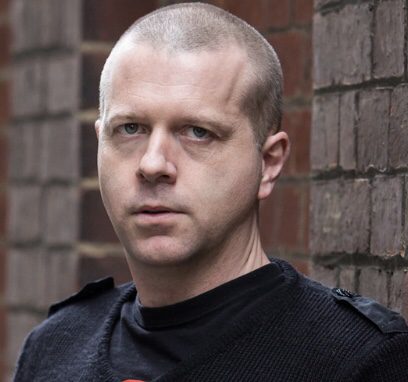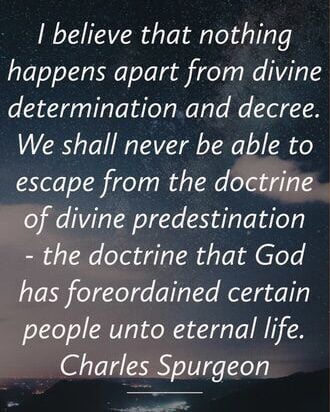
Guest post by Linda
One of my earliest memories is sitting on the floor in a church nursery, rolling a big ball to a little boy who would then roll it back to me. I was delighted with this simple game. An equally delighted adult was watching us. I can’t remember who she was, but I am sure she was smiling and encouraging us in our ball rolling. We were probably three or four years old. I felt safe, happy, and comfortable.
My family went to church every Sunday. I didn’t understand why of course, but it was always fun because there were other kids to play with. Eventually I outgrew the nursery and began attending Sunday school. In Sunday school the teachers were always ladies and they were always sweet. They taught us all sorts of Bible stories. It wasn’t quite as fun as the nursery had been, but it was pleasant and sometimes we got to color. We soon began learning about Jesus. We would sing “Jesus Loves Me” or the song about the wise man who built his house upon a rock, smacking our fists into our palms to show how good and solid the rock was. There was an important message in these songs, though I wasn’t sure what it was.
After a while, Sunday school took a more serious turn. Our teacher taught us about lepers. Lepers were people who had a terrible disease that caused their body parts to rot and fall off. Other people hated them and made them live far away. Only Jesus was kind to lepers. Jesus was better than other people. Like the Sunday school songs, there was an important message in this story. I still didn’t fully understand it, but so far, I liked Jesus a lot. I was glad he was nice to the sick people and he even helped one of them get well. I don’t remember the first time we heard about Jesus dying on the cross to save us, but the teacher started bringing it up every week. She told us it was very important for us to believe that Jesus died to save us from our sins. It had never occurred to me not to believe something an adult said, especially a teacher, so it seemed kind of strange that she thought we might not believe her story.
Around this time, I started learning to read. Thanks to TV, I even learned that all people did not use the same words as we Americans did. Some people spoke and wrote a language called Spanish. It had different words for things like “water” and “friend.” This was amazing. The subject of language came up one week in Sunday school when our teacher taught us about the Tower of Babel. In this story, God punished some men who tried to build a giant tower they could use to climb into Heaven. He did this by switching everyone’s words around. It all made sense now! That must have been where Spanish had come from, plus a whole bunch of other languages I had never even heard of. I found myself smugly wondering why God had written the Bible in English. I decided it must be because English was the best language.
It was the 1970s. Hippies were everywhere. Stores carried posters and signs with slogans like: “Keep On Truckin’,” “Peace,” and “Smile God Loves You.” One week our sweet Sunday school teacher had a warning for us kids. She told us not to believe the signs that said “Smile God Loves You” because they weren’t true. God did not love everybody. I didn’t think much about this warning at the time. I was already learning not to question the things I heard in church. As the years went by and I transitioned from a curious child into a quiet teenager, I grew frustrated with church. Those early lessons about kind and helpful Jesus didn’t mesh with the grown-up sermons about a righteous, angry God. The punishment doled out by God at the Tower of Babel seemed like a prank compared to burning unbelievers in Hell forever. I didn’t understand what we were supposed to do for Jesus. I knew that He had died for us wicked humans, but there was something crucial I was missing. Why did all these people spend every Sunday listening to the preacher talk about it? What was the point? Our preacher spent a lot of time and energy ranting about all these other preachers who had everything wrong. There was a long list of these false preachers. He also had a long list of behaviors that would not help you get into Heaven: praying, tithing, getting baptized, helping the poor, caring for the sick, winning souls, going to church, volunteering in church, building the church, studying the Bible, serving your community, and on and on and on. I got tense just listening to him talk about all the ways you could waste your time trying to be a good person. It was like listening to a song with an overly long introduction. I kept waiting for the tension to break and for him to finally say what we should do to get into Heaven, but he never did.
It occurred to me that church was vastly different from school. In school, you learned about a new subject, studied it, took tests on it, then you moved on to the next level. You repeated this process from first grade to second grade to third grade and so on. By the time you got to middle school, you didn’t keep going over the same topics you learned in grade school; you were expected to have them memorized so they could form the foundation of more advanced subjects. Not so in church. In church you went every Sunday, year after year, to hear the same lecture about how horrible you are and how you deserve to burn in Hell and how Jesus would save you from Hell if only . . . something. What that something was, I couldn’t quite grasp. I wondered if I was dumb. Obviously, every other person in church understood it, so why didn’t I? Confusion morphed into anger and I started to hate going to church. I was closing in on adulthood and longing for independence. It felt like church was keeping me trapped in childhood. My escape finally began when I left home for college at the age of eighteen. I was still a Christian, though I could not have described my actual beliefs to anyone who might have asked. I knew what I was supposed to say, but those Christian-approved words didn’t match up with the thoughts and emotions I kept inside. In college I made the shocking discovery that other people sometimes questioned the origins of the Bible. They talked about it as if it were any other book written by men. Even more shocking was the fact that college instructors now encouraged us students to think about these things. They wanted us to think! I couldn’t handle it. I decided they were all evil. Though I had problems with Christianity myself, it felt like an attack to hear others criticize the faith — my faith! Even so, I did begin allowing myself to think, just a little bit at first. This was the beginning of the end of my faith. It wasn’t until many years later that I finally left Christianity for good. It took a long time to get rid of the fear that I might accidentally come to the wrong conclusion and burn forever because of it. And it wasn’t until the advent of the internet, decades later, that I finally understood what our preacher was really saying all along. I had started reading online articles about Christianity in its various forms. When I came across a description of Calvinism, I realized that there was a good reason our preacher never told us what to do to get into Heaven. He did not believe it mattered one bit what we did, because God had already decided who was in and who was out.
I had heard this long ago, this doctrine of predestination. It hadn’t upset me too much back then, because I was so deep in fundamentalist brain fog that I couldn’t process the horror. It just didn’t sink in. Now I thought about all the convoluted, pseudo-intellectual gobbledygook I had heard masqueraded as wisdom. And I realized that the particular message of our peculiar brand of Calvinism did not require years of lectures to understand. It was as simple as it was cruel: God created some people to damn and some people to save. There is nothing any human being can do to change this situation so it is foolish to even try. I cannot describe the way this realization made me feel. I was astonished at how ridiculous it was, and at how many otherwise intelligent adults really believed that this was the sort of thing a righteous creator would do. It still gives me a strange feeling to think about how that church, which I first knew as a safe and happy place, was never anything more than a shrine to violence and injustice.

